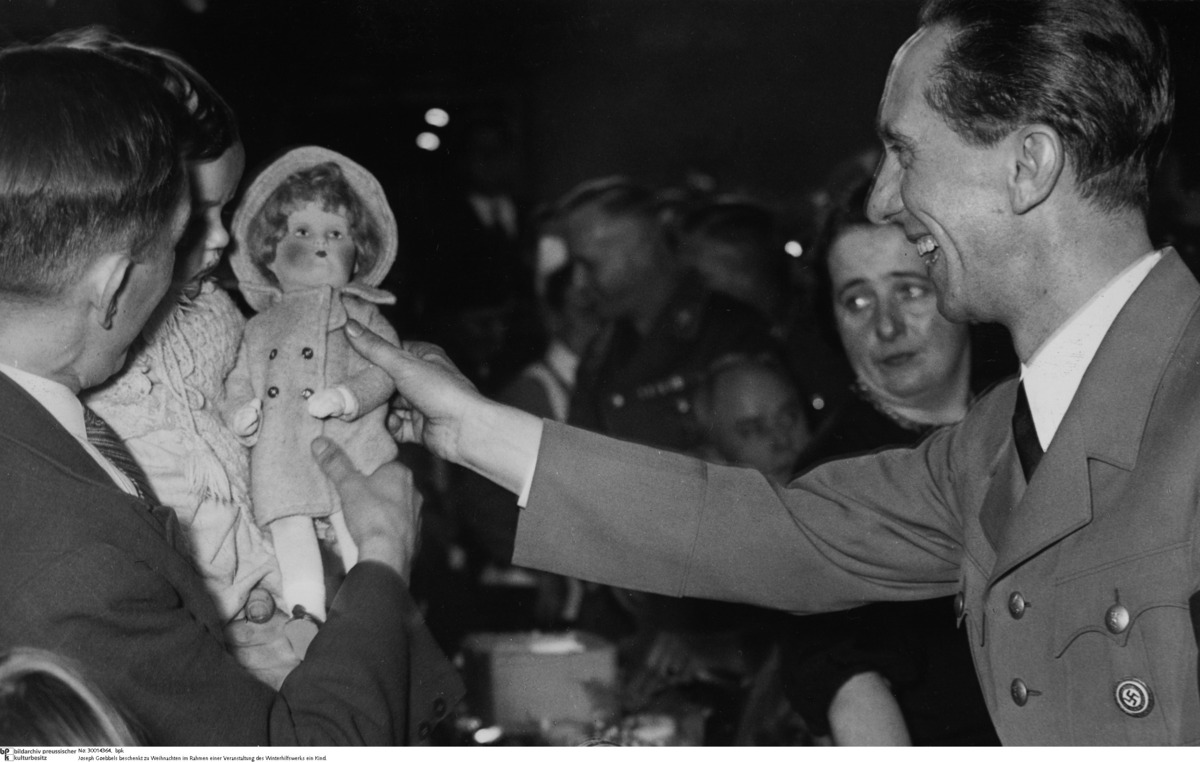Abstract
One of the best-known Nazi welfare organizations was the Winter
Relief Fund [Winterhilfswerk or WHW]
founded in September 1933. It was financed chiefly by donations and
house-to-house collections and ostensibly combated the consequences of
poverty and unemployment. In reality, however, the WHW was supposed to
underscore the regime’s putative concern for social welfare and promote
the ideal of equality in the national community
[Volksgemeinschaft]. For example, at
WHW-organized community meals for the needy, Nazi representatives
praised the people’s newly awakened solidarity and social consciousness.
“Stew Sundays” pursued the same goal of generating solidarity. One
Sunday a month between October and March, German families were asked to
eat a simple stew and to give any money they saved in doing so to the
Winter Relief Fund. This and similar operations helped the WHW achieve
yearly revenues in the millions of Reichsmarks. But the very fact that
this organization operated under the supervision of the propaganda
ministry (whose head, Joseph Goebbels, is featured in this photograph)
makes clear that the WHW was about more than just welfare work.
